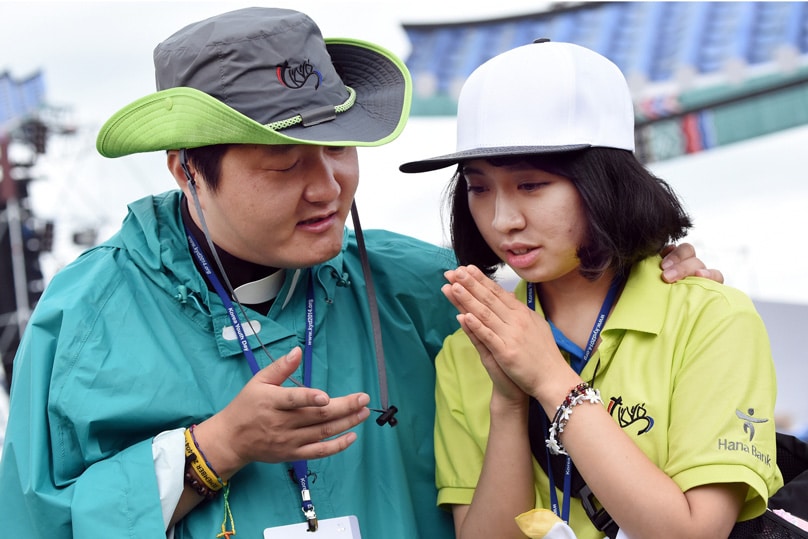
Dear Father, I have often heard people say, “It’s up to you. It’s a matter for your conscience” as if we could do virtually anything as long as our conscience approved it. Somehow that doesn’t seem right to me. Can you please shed some light on this?
You are right. Conscience is not a law unto itself, an inner voice that we can follow willy nilly. First we must form it.
To see how this is so we can go to the definition of conscience in the Catechism of the Catholic Church: “Conscience is a judgment of reason whereby the human person recognises the moral quality of a concrete act that he is going to perform, is in the process of performing, or has already completed” (CCC 1778).
Conscience is not just a voice within us that somehow mysteriously tells us what to do or not do. It is a judgment of our reason, of our intellect. A judgment involves weighing up a number of factors in order to arrive at a conclusion. In the case of the judgment of conscience the intellect weighs up the objective truth about the morality, the rightness or wrongness, of the act in question in order to decide whether the act is obligatory, permissible or forbidden.
A good analogy for conscience is the sextant which a sailor uses to determine his position on the high seas. The sailor points the sextant at some heavenly body, a fixed point of reference, in order to know where he is on the globe. Without the stars or some other heavenly body, the sextant is useless. Similarly, without the light of God’s law, as taught by the Church, conscience has nothing by which to guide itself. It is blind.
So before we are able to make a proper judgment of conscience we need to learn what is right and wrong, to form our conscience. The Catechism speaks of the importance of this: “The education of conscience is indispensable for human beings who are subjected to negative influences and tempted by sin to prefer their own judgment and to reject authoritative teachings” (CCC 1783). How true this is! When faced with a difficult moral decision, we are all tempted to choose the easy way, to prefer our own judgment and not to seek the truth as taught by the Church.
How do we do form our conscience? The Catechism answers: “In the formation of conscience the Word of God is the light for our path; we must assimilate it in faith and prayer and put it into practice. We must also examine our conscience before the Lord’s Cross. We are assisted by the gifts of the Holy Spirit, aided by the witness or advice of others and guided by the authoritative teaching of the Church” (CCC 1785).
We see here five ways. First, the Word of God, which we find in the scriptures and the tradition of the Church. We should read the Bible attentively and assimilate its teachings in prayer so that we can put them into practice. It is always a strong, clear light for our path.
Second, the Cross of Christ, where we see Our Lord’s determination to do what was right, even if it cost him his life. He did not seek the easy way, but the right way.
Third, the gifts of the Holy Spirit – wisdom, understanding, knowledge, counsel, fortitude, piety and fear of the Lord – which assist us in knowing what is right and in having the fortitude and piety to carry it out.
Fourth, the witness and advice of others, especially of those who know their faith well and endeavour to live it out to the full.
And finally and most importantly, the authoritative teaching of the Church. Whenever we have doubts about the right course of action to follow we can open the Catechism. There we find the authoritative answer of the Church, our mother, who teaches with the guidance of the Holy Spirit.
The Second Vatican Council emphasises the importance of listening to the Church: “In forming their consciences the Christian faithful must give careful attention to the sacred and certain teaching of the Church. For the Catholic Church is by the will of Christ the teacher of truth. Her charge is to announce and teach authentically that truth which is Christ, and at the same time with her authority to declare and confirm the principles of the moral order which derive from human nature itself” (Decl. Dignitatis humanae, 14)
When we have a well formed conscience and we follow it, we have the certainty that we are acting in accordance with God’s loving will and that we are on the way to holiness, to heaven.
